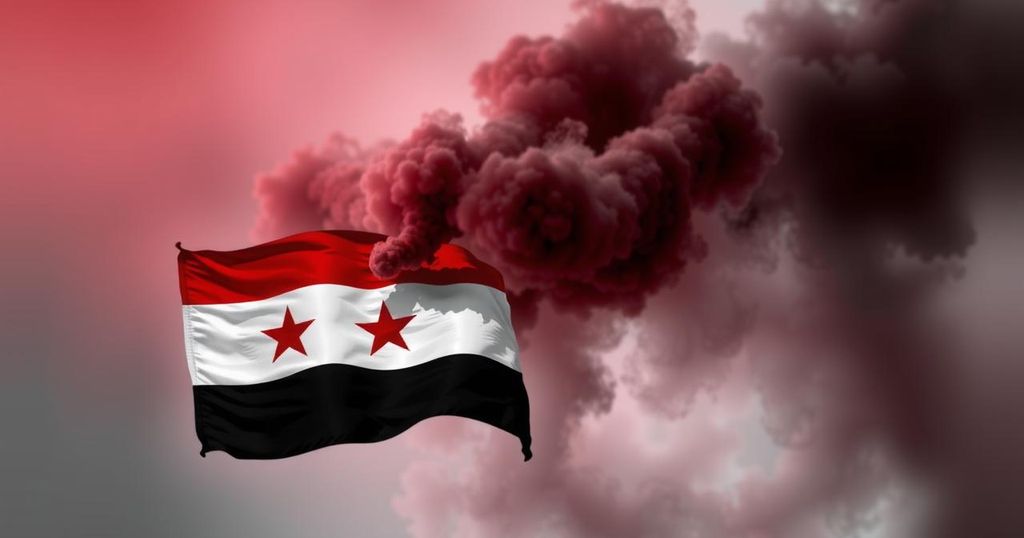Syria’s liberation has ignited intense emotions among citizens, celebrating freedom while grappling with loss. Hayat Tahrir al-Sham (HTS) has played a pivotal role in managing the transition, promoting inclusivity and stability. However, external threats from foreign powers, including Turkey and Israel, remain significant hurdles. The success of a new government will largely depend on its ability to unify diverse groups and defend against ongoing foreign interventions.
The liberation of Syria has unfolded in unexpected ways, resonating deeply with its citizens who have expressed a spectrum of emotions over recent weeks. Following the regime’s fall, millions have taken to the streets to celebrate newfound freedoms, notably absent during the oppressive Assad leadership. Families reunite amid the heart-wrenching realities of loss, with many coming to terms with the grim fate of their loved ones who perished in detention.
The transition has been facilitated by Hayat Tahrir al-Sham (HTS), which demonstrated effective governance during the liberation phase, easing fears among various communities, including Christians and women. Notably, HTS leader Ahmed al-Sharaa exhibits a blend of charisma and pragmatism that has thus far fostered a non-dictatorial atmosphere, crucial for a stable transition.
However, while HTS has provided crucial support for Syria’s liberation, the inclusion of diverse ethnic and sectarian groups in the reconstruction process remains paramount. This transitional phase underscores the importance of creating a constitution that represents all facets of Syrian society, as resentment could undermine future stability.
As Syrians embrace their sovereignty from past oppressors, challenges persist, particularly from external powers. The presence of Turkey, the US-backed Syrian Democratic Forces (SDF), and Israeli incursions creates a complex geopolitical landscape that the new government must navigate. The delicacy of these relationships is crucial in determining Syria’s future.
Despite the shadows of foreign influence looming over the country’s progress, the resilience of the Syrian people stands as the most pivotal element in shaping the nation’s trajectory.
The liberation of Syria marks a significant shift in its sociopolitical landscape, following years of civil conflict characterized by brutal repression under Bashar al-Assad’s regime. The aftermath of this liberation has sparked a complex array of sentiments among the populace, including hope, grief, and a desire for a more inclusive governance structure. The role of HTS has been noteworthy, providing a semblance of order amid chaos. However, the interplay of various factions and the looming presence of foreign powers complicate the path forward for a newly free Syria, necessitating careful negotiation for lasting peace.
In conclusion, the liberation of Syria presents a remarkable chapter in the nation’s history, characterized by both triumph and formidable challenges. The potential for a new, inclusive governance structure rests significantly on the cooperation and recognition of all ethnic and sectarian groups. However, the ongoing struggles against foreign intervention pose substantial threats to this newfound autonomy. Ultimately, the determination and unity of the Syrian people will be critical in navigating their future.
Original Source: www.theguardian.com






